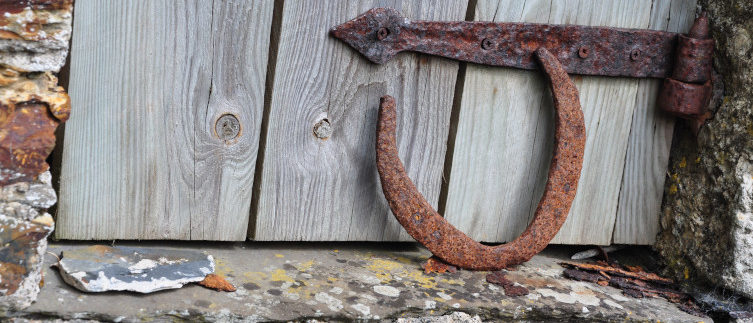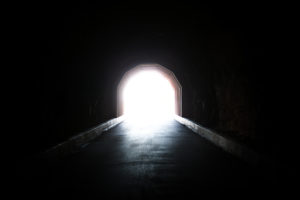This posted originally started with “A friend of a friend was just diagnosed with lung cancer.” But in the week it’s been rolling around in my head, the opening has changed.
“A friend of a friend just died.”
That quick, life changed for him. August 12 he was admitted to the hospital, two weeks later he was dead. In between there was a lot of tests, enormous pain, and trauma for the friends and family. Life comes at you quick, and can leave even quicker.
This year seems to have some extra juju for looking at death and the end of life. I’ve been having this conversation in various ways with family and friends. Whether we call it planning or just sharing our fears we’ve been talking about dying and what it means.
My perspective is utterly informed by cancer. Having had it, and tasted the dark fruit of the medical establishment’s response, my attitude is particularly cynical. Or wise. Specifically, I want very little done to keep me alive when the time comes, and want the option of choosing my own time to die. That seems to me to be the best option if I can’t just slip away in my sleep.
Choosing my time won’t be capricious, it will be deliberate and thoughtful. My time will come after I have said my goodbyes and organized my life to make as small an impact as possible. Achieving this may not be possible, but it’s a good goal.
Talking about end of life care and your wishes is an act of love, of selflessness, or care. Letting your loved ones know you want to die makes it easier on them — they don’t have to debate whether this is the “right” or “wrong decision.”
What I don’t want is: CPR, reviving drugs, surgery to repair or transplant organs, chemo/radiation, or drugs that make me stupid — no heroic measures! The bad news is that once you enter the medical care system, many decisions are taken from you. As proof of that, I offer you some reading about how doctors choose to die:
https://www.rd.com/health/conditions/how-doctors-choose-to-die/
It’s all about the quality of life. Most people fear death, I fear dying — specifically dying in pain (and alone, but that may not be in my control). It’s ugly, but the entire health-care system is aimed at fixing problems, not giving comfort. Think of this: a hip replacement is something the medical system is equipped to handle, easily. Surgeons schedule it, health insurance pays for it. But if a patient needs less-skilled home care — such as help with feeding and bathing — it’s up to the patient to figure out how to get that help, and whether any of it will be paid for. Once you leave the system, you’re on your own.
“It is not for me to judge another man’s life. I must judge, I must choose,
I must spurn, purely for myself. For myself, alone.”
-Hermann Hesse, “Siddhartha”
My choice is not yours, nor is it better in any way. My choice is for myself, taking in account all that has transpired, all that makes up the ME.
For more resources:
https://www.nhpco.org/patients-and-caregivers/?pageid=3282
https://www.nia.nih.gov/health/end-of-life

